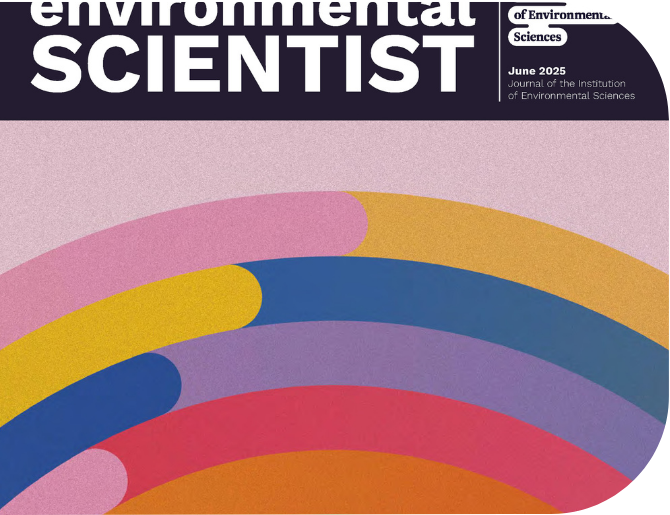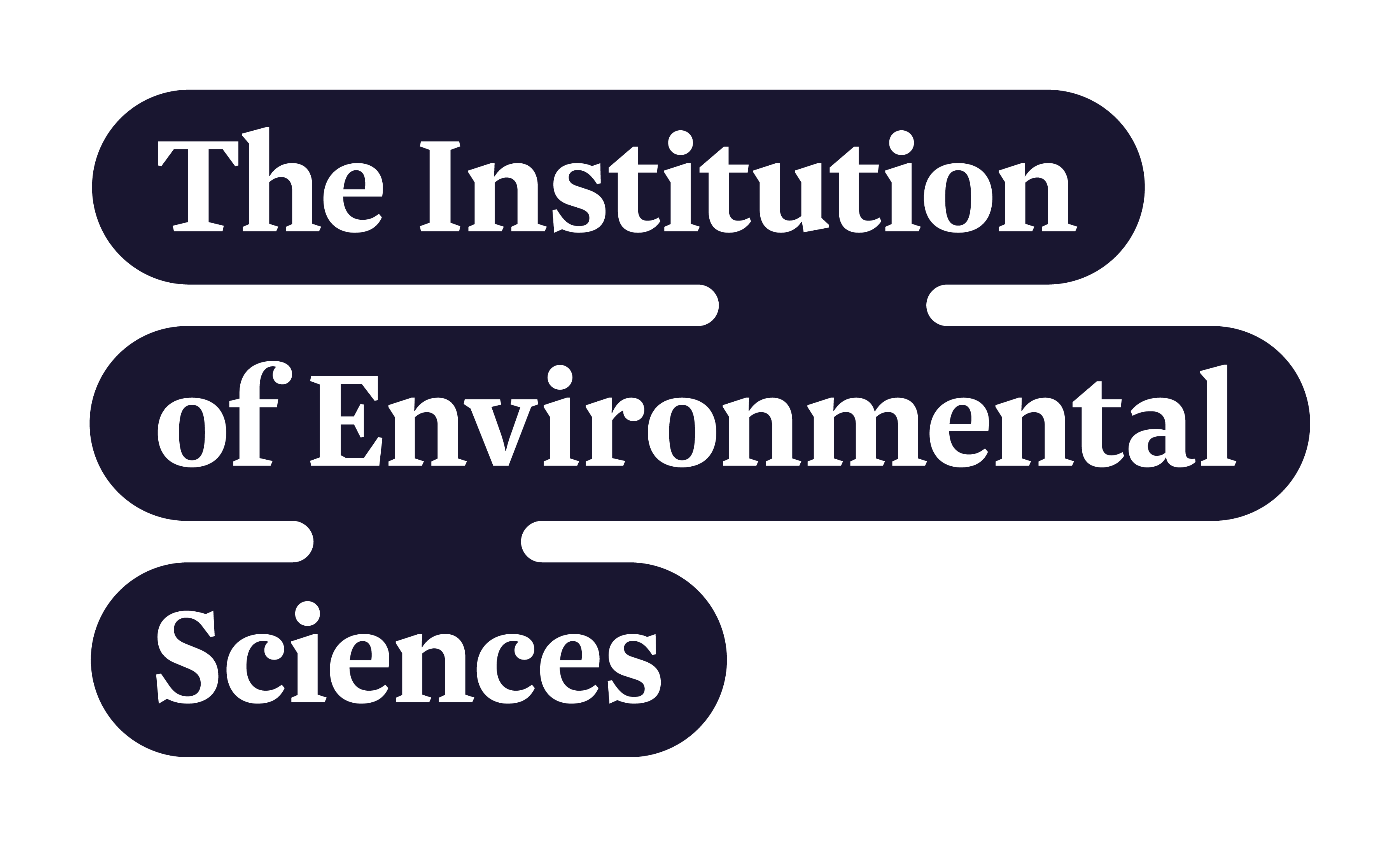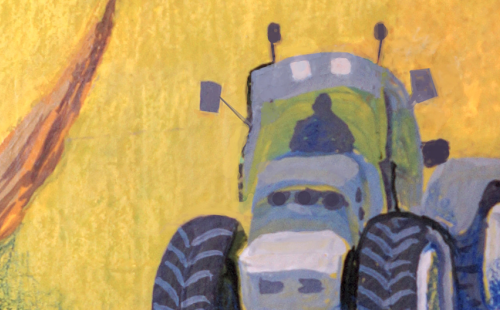environmental SCIENTIST
Exploring the science of a changing planet

A specialist journal, for all
Our respected scientific journal, environmental SCIENTIST, is published four times a year.
Its goal is to share the latest scientific findings – not just with our members, but with everyone who would benefit from our evidence-based thinking.
Latest editions
Upcoming editions
| Theme | Publication date | Submission deadline |
|---|---|---|
| Infrastructure | Mar 2026 | Mid-Jan 2026 |
| Tipping Points | Jun 2026 | Mid-Apr 2026 |
| New Marine Science | Sept 2026 | Mid-Jul 2026 |
Contributing to our publications
The environmental SCIENTIST is published quarterly and has a readership of over 7,000 environmental professionals and students. Various options are available for advertising in the journal, with discounted rates offered for advertising in more than one edition. If you are interested in advertising in the journal, please get in touch with the Publications Team for more information.
Each journal edition is organised around a theme, as outlined in the table of forthcoming journals above. If you are interested in contributing to a future edition, please get in touch with the Publications Lead (see below) before beginning your article. You should note the edition you would like to contribute to and a suggested topic for your article. Suggestions for potential articles will be reviewed internally in collaboration with the Guest Editor of the relevant edition. Please note that the article submission deadline provided in the table above relates to commissioned articles. Please contact the Publications Lead with your suggested topic no less than three months ahead of publication
There are various avenues for members to contribute to IES publications and analysis. In addition to our journal, members can submit a blog article, contribute towards relevant guidance documents, or present a webinar, to name a few. If there is interest from members in a particular topic, we may also consider a future edition on this theme. Please get in touch with details of your potential contribution.
Yes, we welcome contributions from members and non-members.
A new journal is initially available online to IES members only. They become available publicly three months after publication, and can be freely viewed online or downloaded from our website.
The IES has a steadfast commitment to Equity, Diversity and Inclusion (ED&I) in the environmental sciences, which is led by our Equity, Diversity & Inclusion Plan (pdf). All of our activities and endeavours, including our publications, are informed by the goals laid out in the ED&I Plan. Drawing on diverse viewpoints and experiences ensures we are better equipped to tackle the multidisciplinary challenges encountered in the integrative field of environmental science.
As part of this commitment, we collect ED&I data from contributors to Environmental Scientist, so that we can fulfil these aims. As the representative body for environmental science, it is essential that we proactively seek to enhance equity, diversity and inclusion across the sector, act as agents of change, and lead by example for the betterment of our environment, society and economy.
If you are a contributor to Environmental Scientist, you will receive an ED&I monitoring form to complete. This form is optional and you have no obligation to complete it, but giving us this information will help us in our aim to do better as an organisation.

















